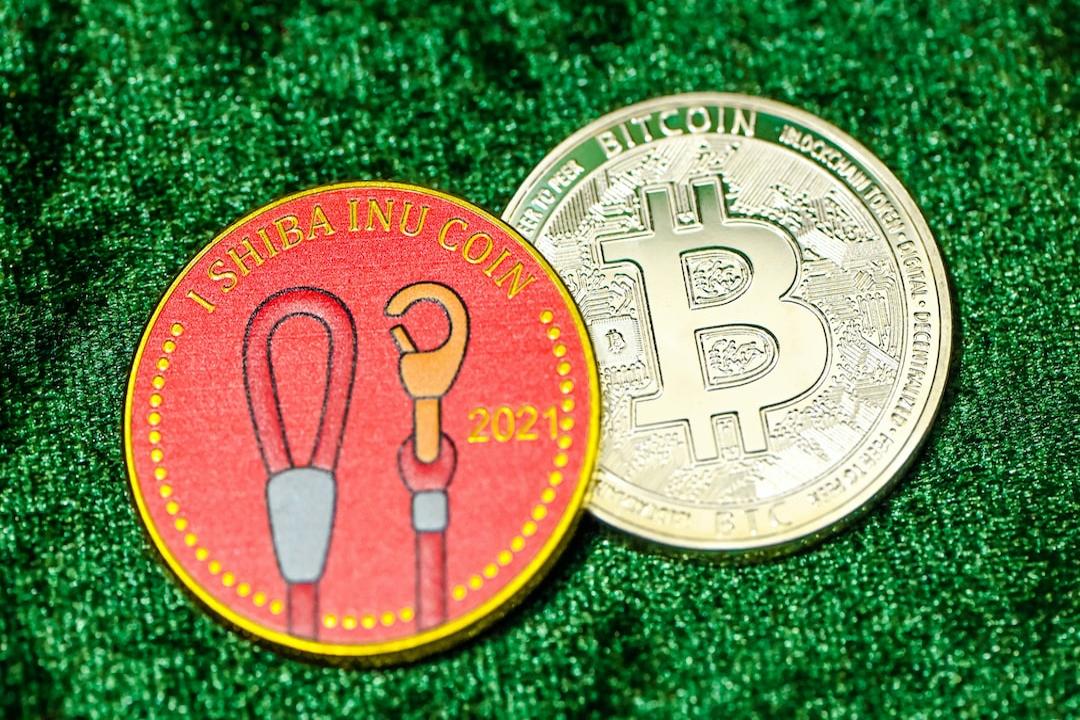Driven by the epic economic stimulus policy, the Chinese stock market skyrocketed after the end of the week-long National Day holiday, while the Hong Kong stock market performed poorly, with the Hang Seng Index plummeting 2,300 points or 10.12% at one point, marking the largest drop since 2008.
The Chinese authorities have recently introduced unprecedented economic stimulus policies, driving the stock markets in both mainland China and Hong Kong to continue soaring. After the week-long National Day holiday, the three major A-share indexes opened again today and saw a surge in prices. The Shanghai Composite Index closed at 3,489.78 points, up 4.59%, the Shenzhen Component Index closed at 11,495.1 points, up 9.17%, and the ChiNext Index closed at 2,550.28 points, up 17.25%.
However, the Hong Kong stock market performed poorly, with the Hang Seng Index gradually declining after the opening this morning. It plunged 2,336 points or 10.12% to 20,762.82 points at one point, not only hitting a new low since September 27, when it reached 20,268.63 points, but also marking the largest drop since October 27, 2008, with a daily decline of 15.39%.
The Hang Seng Index closed at 20,926.69 points, down 2,172.99 points or 9.41% at the end of the day.
Some market analysts believe that the sharp decline in the Hong Kong stock market this morning was partly due to profit-taking by some investors and partly because the information revealed at the press conference held today by the National Development and Reform Commission of China did not surprise the market, prompting investors to sell stocks in advance.
According to Yan Zhaojun, an analyst at CITIC Securities, the violent surge in Hong Kong stocks is difficult to sustain for too long, and the short-term valuation repair has been sufficient. When the market sees the verification of economic data and policy implementation, market volatility may increase sharply, and there may be pressure to take profits at high levels. Investors should pay attention to the trading pace and seize opportunities for profit-taking.
Regarding the significant decline in the Hong Kong stock market during trading hours, analysts from Everbright Securities International believe that the market is more concerned about the performance of A-shares after the holiday. Judging from the cumulative increase in Hong Kong stocks over the past few weeks, the current decline in the Hang Seng Index is relatively reasonable. The large trading volume in the Hong Kong stock market today reflects the active trading activities of investors under the recovery of A-shares.
Despite the sharp correction today, recent reports from foreign institutions remain bullish on Hong Kong stocks. Citigroup raised its mid-2025 target for the Hang Seng Index by 18% from 22,000 points to 26,000 points, and expects the Hang Seng Index to rise to 28,000 points by the end of 2025. However, the volatile market under extensive speculation may be extremely large, so investors need to be cautious.
During the press conference held by the National Development and Reform Commission of China this morning, it was emphasized that there is confidence in achieving the annual economic target and a commitment to further support economic growth. However, the market’s expectation for a major increase in fiscal policy was not met.
As announced by Zheng Shajie, the director of the National Development and Reform Commission, the 700 billion yuan for “dual circulation” construction and the one trillion yuan ultra-long-term special government bonds for “new dual drivers” have been fully allocated to local areas.
As the market believes that the issuance of one trillion yuan ultra-long-term government bonds by China will benefit A-shares earlier than Hong Kong stocks due to the injection of funds, many investors may expect better performance in the mainland stock market and sell Hong Kong stocks, turning to invest in mainland stocks.
Gary Ng, Senior Economist at Natixis, stated that there was not much new information in this press conference, and the latest fiscal stimulus commitments seem weaker than market expectations. The early allocation of fiscal expenditures only helps stabilize growth but is not enough to drive a more significant economic recovery.
Related Reports:
China Warns Local Firms “Don’t Buy Nvidia AI Chips,” Buy Huawei, Cambrian, and SMIC Stocks Soar 20%
Is China’s Market Rescue Drawing Hot Money from Crypto? 10x Research: Speculators May Have Shifted from Bitcoin to Mainland A-shares
Is China’s Market Rescue Working? Shanghai and Shenzhen Stock Exchanges Hit Record Daily Trading Volume, Wall Street FOMO


